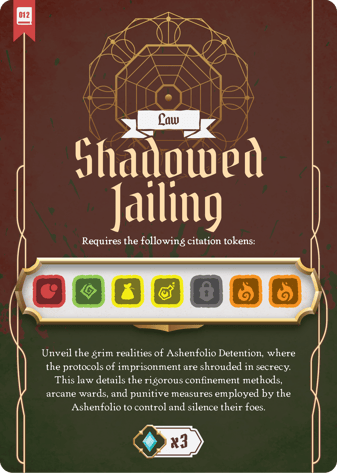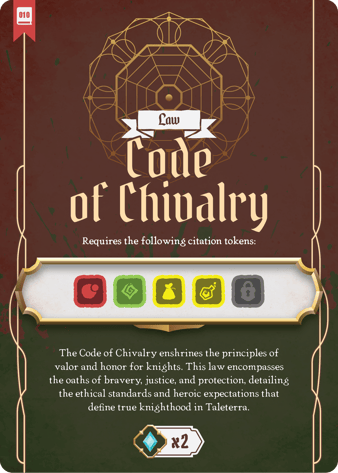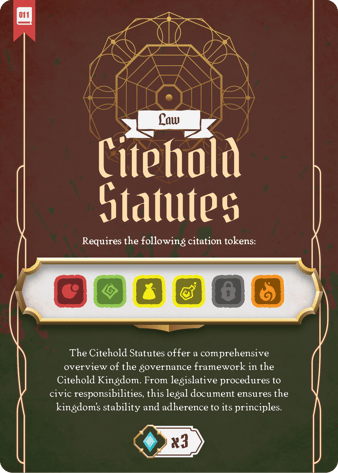
Law
In the great courts and hallowed halls of governance, knowledge does not merely inform—it commands. Legal sources stand as the foundation upon which laws are written, challenged, and upheld, shaping the very structure of society. Whether inscribed upon tablets of divine decree, etched into royal edicts, or recorded within the meticulous annals of high tribunals, legal documents ensure that order, precedent, and justice are preserved.
Unlike books or journal articles, legal sources have unique citation elements, including:
The issuing authority, whether a ruling council, a high court, or a governing body.
The official case name, act, or statute, which distinguishes it from other rulings.
The law report or legislative record, ensuring proper documentation.
The case number, volume, or section, crucial for referencing legal specifics.
The decision date or enactment year, as laws and rulings evolve over time.
Below, you will find examples of legal source citations, ensuring that laws, rulings, and judicial wisdom remain part of the scholarly record.
Acts & Statutes
These are the pillars of legal order, issued by ruling councils and legislatures to define, restrict, or protect the rights of individuals and societies.
Example (Harvard Style): Council of Elders. (Year 1582). The Arcane Practice Regulation Act (Decree No. 47). Grand Ethereal Tribunal Archives.
Court Cases & Legal Precedents
Legal disputes do not end with a ruling—they become precedent, guiding future cases like constellations steering the course of law.
Example (APA 7th Edition): High Tribunal of Mystics. (Year 1620). Magewright v. The Council of Arcane Ethics, 24 Eldertome Reports 89.
Legal Commentaries & Treatises
Beyond rulings and legislation, legal scholars and sages compile treatises to interpret, debate, and refine the principles of law.
Example (Chicago Style): Starborne, L. 1705. The Foundations of Magical Law: A Treatise on Ethics and Enforcement. Eldertome Legal Press.
Laws do more than govern realms—they shape destiny. By citing legal sources, scholars and practitioners ensure that the words of past rulers, judges, and lawmakers continue to guide the future. The law is both shield and sword—may your citations wield it wisely.







